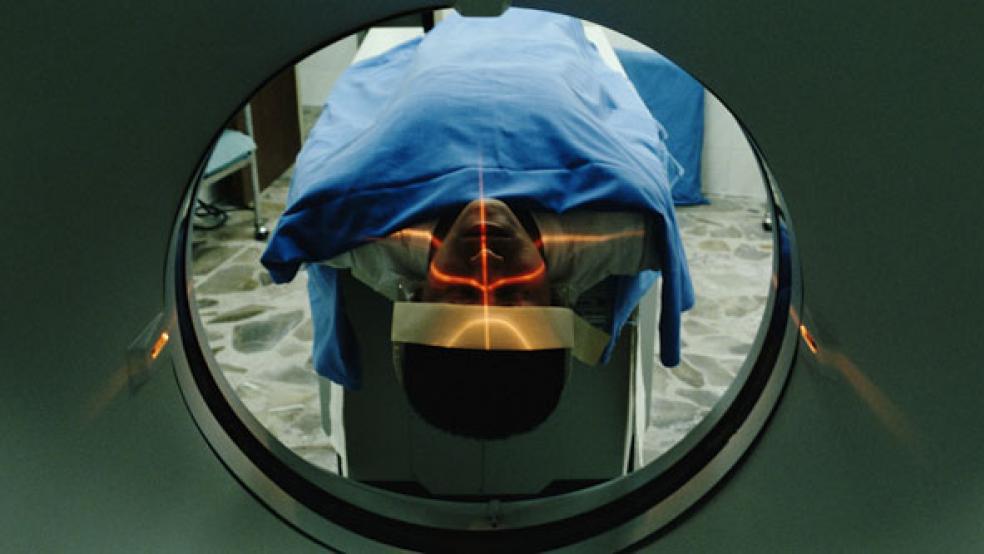For months, lawmakers on Capitol Hill have been rallying around a measure to repeal President Obamacare’s 2.3 percent tax on medical devices. Now, House Democrats are pushing to have the vote approved by Memorial Day.
The medical device tax has been the target of lawmakers on both sides of the aisle. They have been aggressively lobbied by the medical device industry, which says the tax is bad for business, driving up prices and leading to job losses—especially at smaller companies.
Related: GOP: Repeal Obamacare Then Fix $28 Billion Medical Device Tax
Republicans also view the repeal as the most realistic option to chip away at the president’s health care law. In January, Sen. Majority Leader Mitch McConnell said repealing the tax would be one if his first orders of business.
Meanwhile, a growing number of Democrats support scrapping the tax—especially those representing states like Minnesota and Indiana, which are home to major medical device manufacturers.
On Monday, a group of 18 House Democrats sent a letter to Speaker John Boehner (R-OH) and Minority Leader Nancy Pelosi (D-CA) asking for a “timely passage” of the bill. In the letter, lawmakers said the tax on medical devices was severely hindering companies.
The tax applies to manufacturers and importers. It’s one of a handful of new taxes imposed under the Affordable Care Act to help pay for the law.
Last year, the Joint Committee on Taxation estimated that it would raise about $28 billion over the next decade. The current measure that House Democrats are pushing doesn’t include a way to offset that expected source of revenue. The White House has signaled that it will veto any medical device repeal that isn’t revenue neutral.
Related: Obamacare Medical-Device Tax Fight: Not Over Yet
Separately, opponents of any repeal of the tax point to a report from the Congressional Research Service that found the economic impact of the medical device tax on manufacturers would be “relatively small.”
“The analysis suggests that most of the tax will fall on consumer prices and not on profits of medical device companies,” the report stated. “The effect on the price of health care, however, will most likely be negligible because of the small size of the tax and small share of health care spending attributable to medical devices.”
Regardless, the repeal legislation has significant support on Capitol Hill. At least 79 senators voted late last year to scrap the tax, but then Majority Leader Harry Reid never called it up for a vote. McConnell has already signaled that he will.
Top Reads from The Fiscal Times


